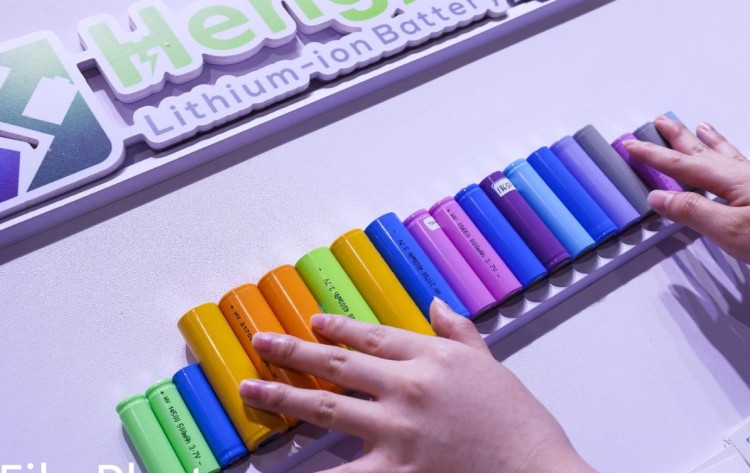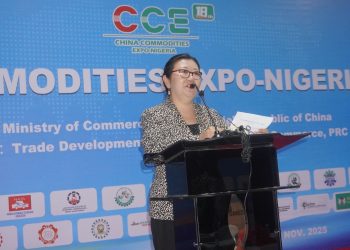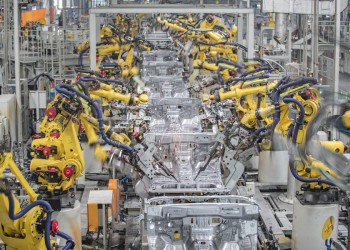Chinese researchers have recently unveiled a groundbreaking discovery that could pave the way for the widespread adoption of all-solid-state batteries.
The researchers from the University of Science and Technology of China have developed a cost-effective sulfide solid electrolyte with low density and excellent anode compatibility, marking a major milestone in the quest for more efficient and safer battery technologies.
All-solid-state batteries have long been touted as the next-generation solution to the capacity and safety issues plaguing traditional lithium-ion batteries. Sulfide solid electrolytes are a crucial component in realizing the full potential of these all-solid-state batteries. However, the high cost of sulfide solid electrolytes, typically exceeding $195 per kilogram, has been a significant barrier to their commercialization, which requires a cost of around $50 per kilogram.
The researchers have now developed a Li7P3S7.5O3.5 (LPSO) solid electrolyte that addresses this cost challenge. The synthesis of this material does not require the expensive lithium sulfide (Li2S), resulting in a raw material cost of only $14.42 per kilogram, well within the $50 per kilogram threshold for commercialization.
In addition to its cost-effectiveness, the LPSO solid electrolyte boasts other desirable properties, including low density and excellent anode compatibility. These characteristics are believed to contribute to the outstanding cycling performance observed in all-solid-state batteries incorporating this new electrolyte material.
“This discovery is a crucial step forward in advancing the practical applications of all-solid-state batteries,” said the lead researcher. “By overcoming the cost barrier, we have brought us one step closer to the widespread adoption of this promising energy storage technology.”
The findings of this groundbreaking research have been published in the prestigious journal Angewandte Chemie International Edition, further underscoring the significance of this breakthrough in the field of solid-state battery technology.













































